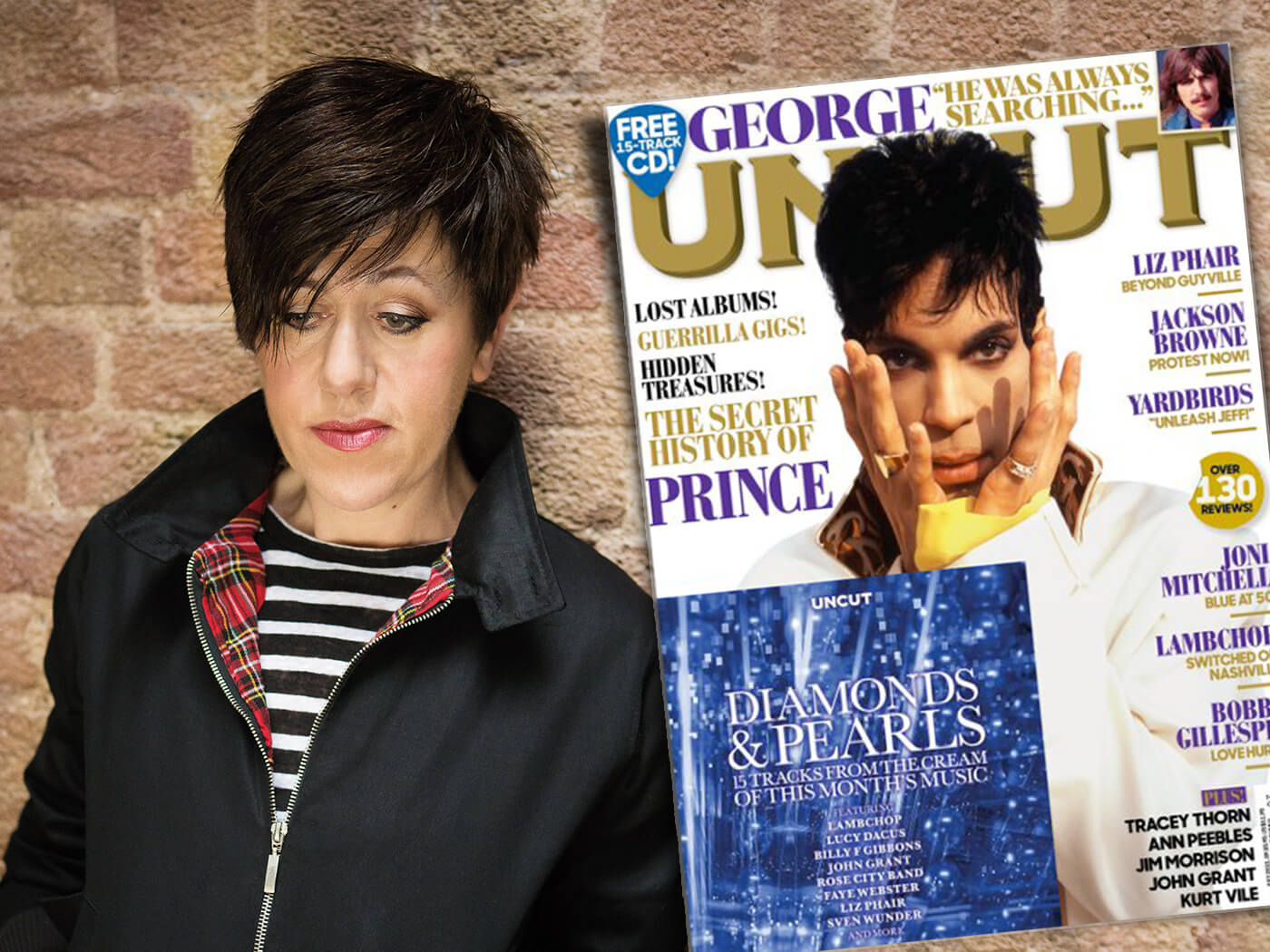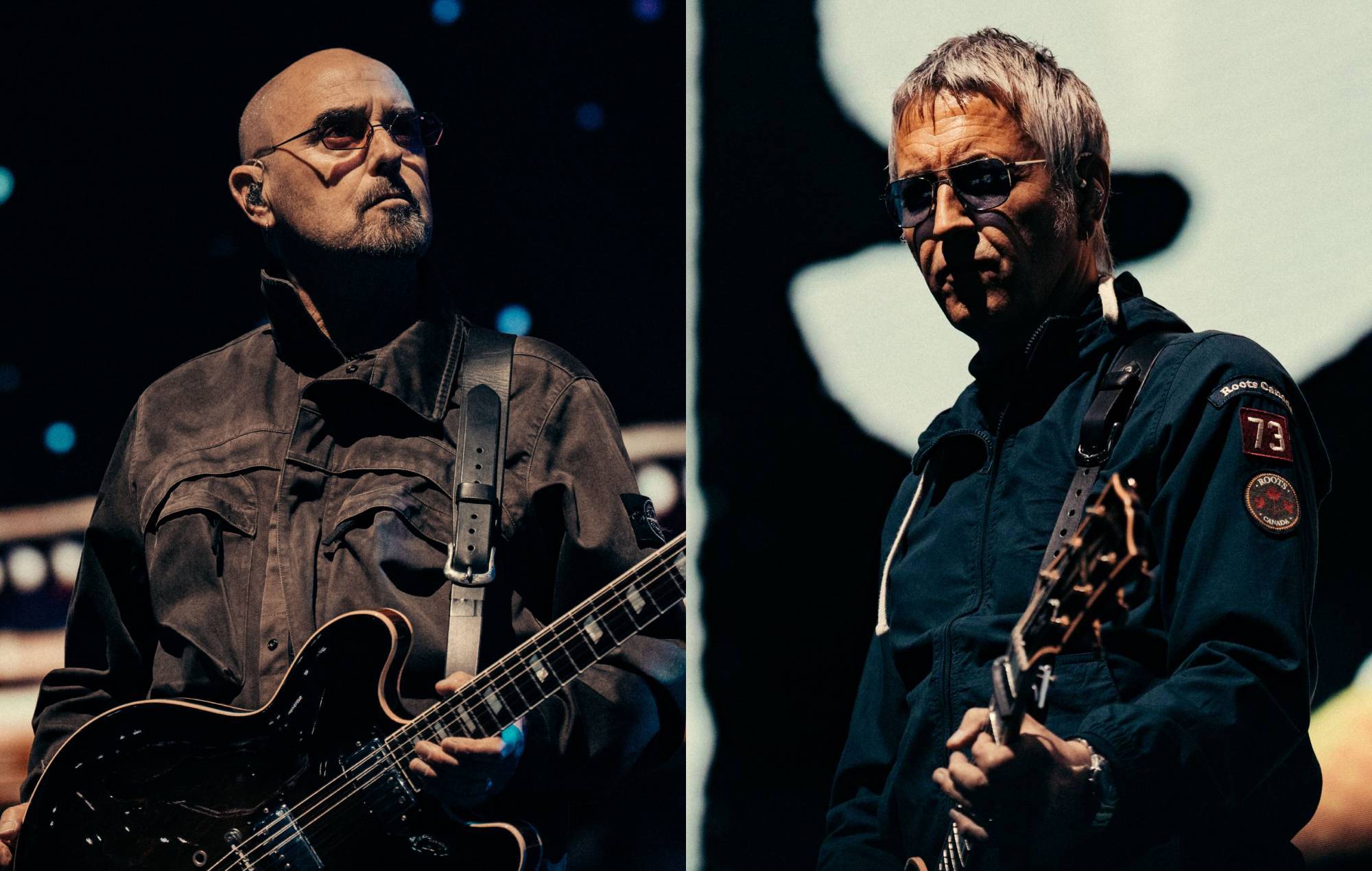
Tracey Thorn is well aware of the absurdity of the situation that she and her Everything But The Girl partner Ben Watt found themselves in after Missing scaled charts around the world in the mid-’90s. “I remember thinking, ‘This is brilliant, I’ve loved it, but I couldn’t live like this forever.’ We’d already been along a road with some real ups and downs, so it was almost like someone waving a magic wand and saying, ‘After all that, you’re gonna have the fun of an absolutely massive fuck-off hit!’ Then we did the follow-up record, which was successful again, then I retired. Global superstardom? It’s exhausting!”
- ORDER NOW: Read the full interview with Tracey Thorn in the July 2021 issue of Uncut
Her retirement has been unusually productive: as well as three solo albums and a Christmas record, Thorn has also written four non-fiction books, with the latest, My Rock’n’Roll Friend, charting her long friendship with Go-Betweens drummer Lindy Morrison with typical humour and emotional depth. “A few people had said to Lindy, ‘You should write a book,’ and she went, ‘I don’t want to do that.’ I said quite jokingly to her, ‘I’ll write a book about you.’ Then I thought, ‘Hang on, that could be really interesting…’”
On a grey spring day, Thorn is on a video call with Uncut to answer your questions on the book, her newfound interest in gardening, her work with Paul Weller, what’s next for her music and more. “I imagined music would be something I just did for a while,” she says. “Back then I was imagining that what I was studying at university – English – was what I’d do as my career. I’ve kind of ended up there in the end, I just took a circuitous route.”
If you could become friends with and write a biography of any deceased female musician, who would it be?
Dusty, I think – imagine being actual friends with Dusty! Judee Sill is really interesting, but it’s all a bit dark. The good thing about Lindy is that she’s this incredibly outspoken, no-filter person. It’s great raw material. I didn’t want it to be all worthy and miserable – there is some anger in there but also just the sense of: ‘Here she is, this fucking amazing woman who I want to celebrate.’ Dusty’s story has been told, but if I’d been friends with her and had all these great anecdotes about going clubbing with her, that would just be fabulous.
Have you found the publishing industry friendlier towards women than the music industry?
There are certainly more women in it! My editor now is a man, but I think he’s almost the only man I work with. Whereas in the music business, so much of the time I was surrounded by men. The literary audiences are different too – I did a book event and the organiser looked out at the crowd and said, “Oh, it’s nice to see some men here!”
READ THE FULL INTERVIEW IN UNCUT JULY 2021






